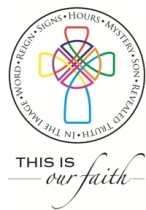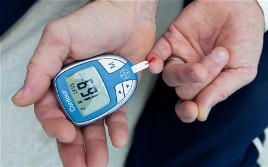Gerry Burns, Physics/Science Department
My recent CPD activities included taking 18 pupils to the Large Hadron Collider at CERN in Geneva, Switzerland. The purpose of this trip was to allow pupils to investigate particle physics at the biggest experiment on the planet. As I hadn’t taken pupils on a trip abroad before, there was great value in understanding how to organise the event in a way that the pupils got the maximum benefit while ensuring all the health and safety needs of the group were met.
Continue reading Planning a school trip abroad – CERN Geneva
















